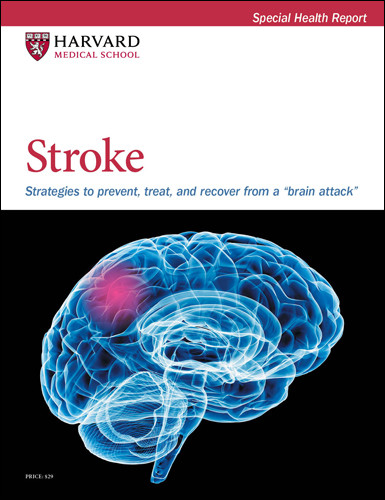Calcium score may foretell heart risk better than genetic test
Research we're watching
- Reviewed by Christopher P. Cannon, MD, Editor in Chief, Harvard Heart Letter; Editorial Advisory Board Member, Harvard Health Publishing

Specialized tests may help doctors better determine a person's risk of developing heart disease. A new study suggests that one such test, a calcium score (which quantifies the plaque inside the heart's arteries), appears to improve risk assessment, while a gene-based risk score does not.
The study, published in the May 23/30, 2023, issue of JAMA, included 3,208 adults from two large studies; none had heart disease at the outset. For each participant, researchers calculated a traditional heart disease risk score based on factors such as body mass index, blood pressure, and cholesterol values. Participants got CT scans to determine their calcium scores. They also got a polygenic risk score, which relies on a blood test that detects multiple genetic variants associated with heart disease.
After a median follow-up of just over 14 years, researchers found that combining the calcium score with the traditional risk calculation provided a meaningful improvement in predicting heart disease risk. That was not the case for the polygenic risk score. However, the polygenic risk score may prove more useful in people who are younger than the study participants, whose average age was in the mid-60s.
Image: © Peera_Sathawirawong/Getty Images
About the Author

Julie Corliss, Executive Editor, Harvard Heart Letter
About the Reviewer

Christopher P. Cannon, MD, Editor in Chief, Harvard Heart Letter; Editorial Advisory Board Member, Harvard Health Publishing
Disclaimer:
As a service to our readers, Harvard Health Publishing provides access to our library of archived content. Please note the date of last review or update on all articles.
No content on this site, regardless of date, should ever be used as a substitute for direct medical advice from your doctor or other qualified clinician.
















